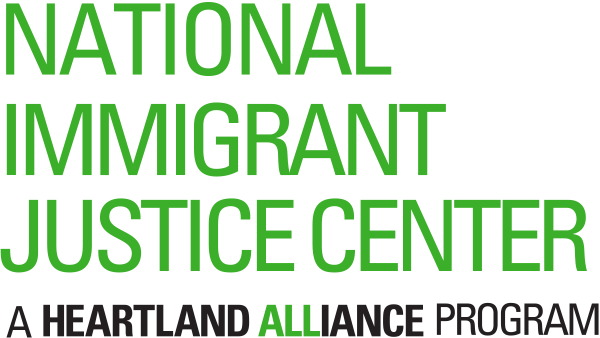Heartland Alliance’s National Immigrant Justice Center (NIJC) is alarmed by the U.S. government’s plan to reinvigorate its practice of detaining families, who are fleeing systemic violence in Central America and seeking safety in the United States.
Ongoing violence and organized crime in Central America—primarily in El Salvador, Guatemala, and Honduras—have forced thousands, including an increasing number of women and children, to leave their home countries in search of safe haven. Other nations in the region have also seen a dramatic increase in immigrants from these countries, and according to Immigration and Customs Enforcement more than 75 percent of families currently detained in the Berks Family Shelter in Pennsylvania are asylum seekers.
“This is a humanitarian crisis, and the United States government must respond appropriately. This does not include the incarceration and expedited removal of mothers, fathers, and children fleeing violence,” said Mary Meg McCarthy, executive director of NIJC. “The majority of detention centers are located in remote areas without access to legal counsel and other critical resources. Expedited removal exacerbates the situation since it provides little opportunity to ensure that families are not being sent back to life-threatening situations. The administration’s decision to announce these practices on World Refugee Day is particularly troubling.”
The U.S. government’s track record in detaining families has been appalling. After being sued, the government effectively abandoned the practice in 2009 by ending detention of families at the T. Don Hutto facility in Texas. In his final monitoring report on detention conditions at Hutto, Judge Austin stated: “[I]t seems fundamentally wrong to house children and their non-criminal parents this way. We can do better.”
Instead of detaining families, the government must invest in alternatives to detention (ATDs), such as community support programs, ankle bracelets, and orders of supervision. ATDs are more humane, cost-efficient, and have a 96 percent effective rate of ensuring that people comply with court orders. They also safeguard due process rights, including access to counsel and a full and fair hearing for each individual.
The U.S. government must focus on resolving the root causes of people fleeing Central America—namely gang and cartel violence and the breakdown of the rule of law—and invest in the communities and support structures where people live if the United States wants to sustainably address the drivers of this humanitarian crisis.

